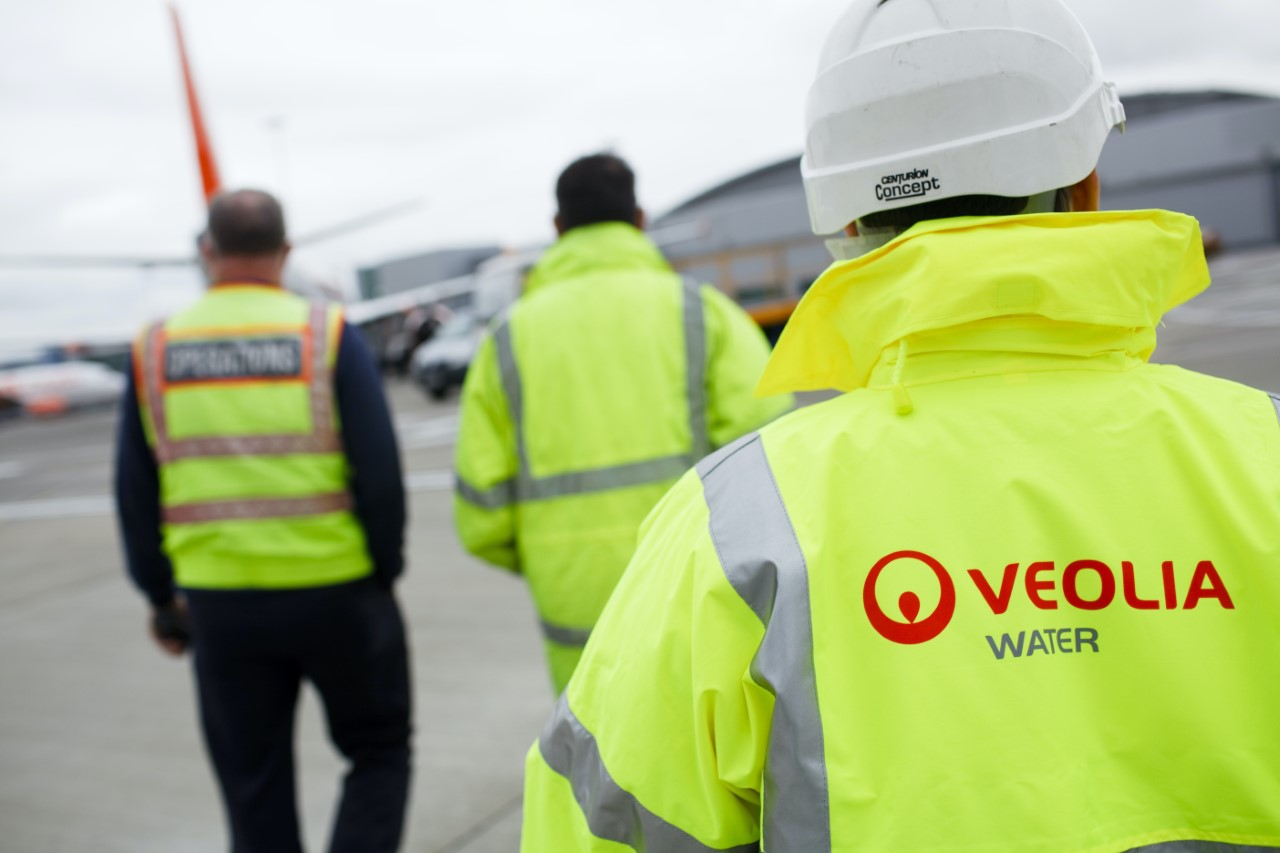
Cutting the cost of wastewater treatment

The use of traditional metal salt coagulants considerably adds to the cost of processing wastewater from chemical treatment, and generates a high volume of sludge, which can be difficult and expensive to dispose of.
Robert Denny, UK Sales Manager at Veolia Water Technologies UK, explains how organic coagulants can offer a more cost-effective alternative.
Coagulation treatment chemicals are used in wastewater treatment processes for solids removal and water clarification.
These coagulants help promote the clumping (coagulation) of substances so that it can be easily removed.
While metal salt coagulants are the conventional approach, the high dosage of coagulant required and the need for caustic chemicals to be added in the process means that costs can be high.
Traditional metal-based coagulants contain ferrous or aluminium salts that need to be dissolved in acid during the production stages.
The acid reduces the pH of the effluent, requiring sodium hydroxide to be added to raise the pH to achieve effective coagulation.
Due to metal coagulants being pH sensitive, there is a greater dependence on operator input, monitoring and control. If the pH is not kept within the correct range, the effectiveness of the treatment may be reduced, and the quality of the discharged water can be affected.
The process often produces excessive volumes of sludge that needs to be removed from site using large vacuum tankers and then disposed of.
The cost of doing this can be significant and it also increases the overall carbon footprint of the business.
These additional requirements that come with using metal-based coagulants can become expensive and unsustainable to maintain compared to organic coagulants, which produces a lower volume of sludge.
The most widely used organic coagulants are cationic in nature and function by neutralising the negative charges of the organic compounds, forcing the colloids to form a spongy sludge.
With the use of organic coagulants, the chemical can be applied at a far lower dosage whilst still remaining effective across a wide range of applications.
The greater density of floc formed reduces the volume of sludge, which leads to lower costs of transportation to move the sludge off site.
Due to the chemical nature of the product, organic coagulants do not consume any alkalinity from the liquid they are added to, which helps to minimise any pH changes.
Thanks to its composition, using organic coagulants will not lead to an increase in salt or metal within the discharged water, so any concerns about pollution are greatly reduced.
If the system is monitored and dosed correctly, there is an opportunity to optimise the charges relating to effluent output from the local water company based on the Mogden Formula.
There is also less operator input required, therefore making best use of onsite resources.
At Veolia Water Technologies UK, we have a range of water treatment chemicals including Hydrex™ 6861, which is a vegetable-based coagulant made from a renewable source of Black Acacia tree bark.
The acidity content is much lower; therefore, pH corrections are not required.
In addition, the lower dosing requirements means less money spent on chemicals.
With the amount of sludge produced reduced by up to 50%, it can also achieve a reduction in transportation and disposal costs.
The versatile chemical can be used for a wide range of applications but is particularly suited to the needs of the food and beverage industry and industries with oily or acidic effluents.
This range of organic coagulants is backed by our field-based team of chemical engineers and they are able to support water treatment and water hygiene solutions as well as water treatment system designs and maintenance packages.
Click here for more information about Veolia Water Technologies.
By Veolia Environmental Services UK
1021 Views
Recent Posts
- £20,000 Donation Boosts Mental Health Support for Veterans
- USA Tariffs Changes and how it impacts your business
- Enter our Easter Competition
- Webinar: Why does Intellectual Property matter to your business?
- How Business Can Be a Force for Good: B Local Event, Powered by Muckle LLP
Back to News >



